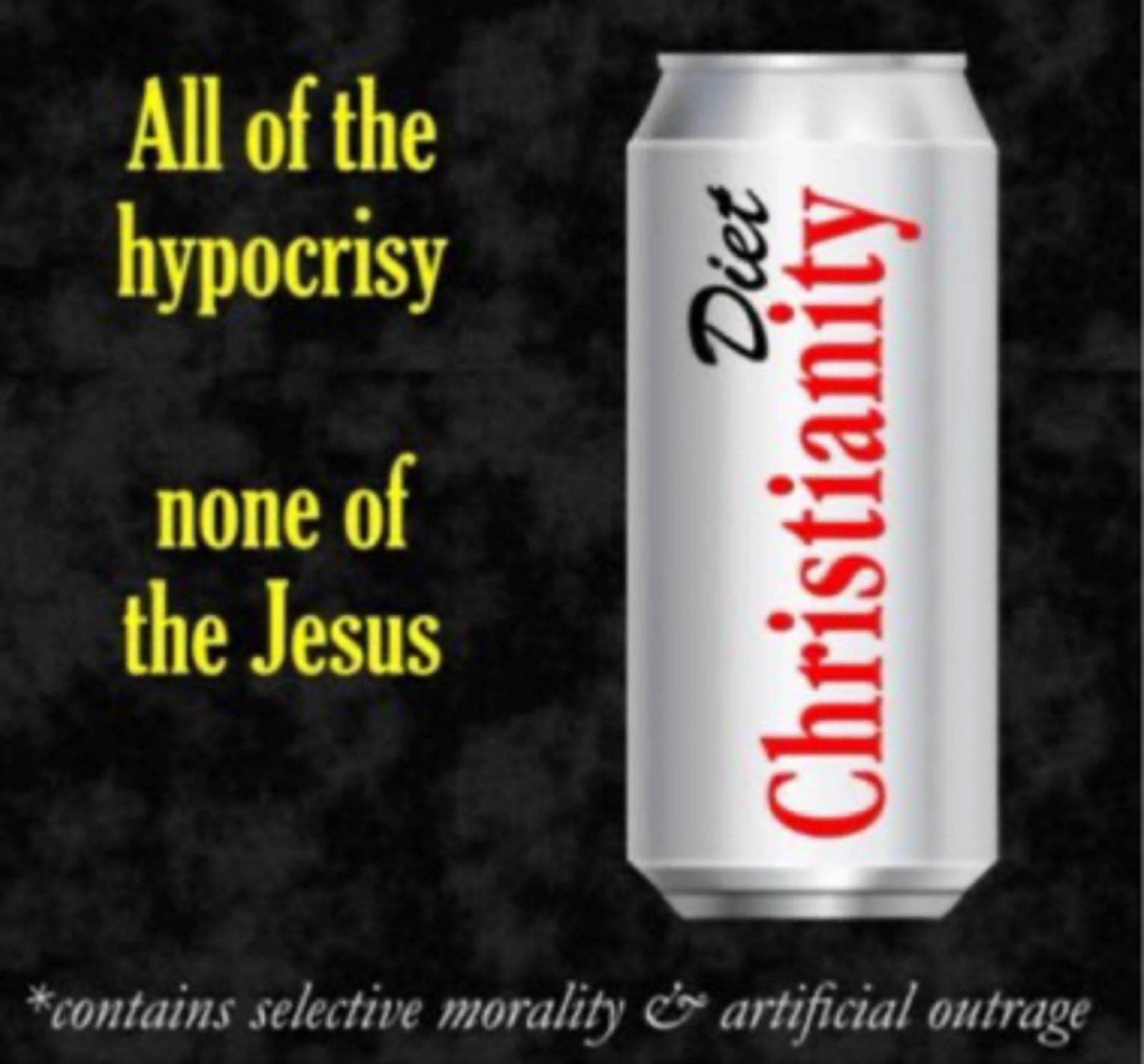'Get-rich-quick': Analysis exposes 'overlap between prosperity gospel adherents and Trump’s fan base'
The Holy Bible's New Testament, from the Book of Matthew to the Book of Luke, is full of references to corruption among the ultra-rich. Jesus Christ, in Matthew 19:24, is quoted as saying, "It is easier for a camel to go through the eye of a needle than for a rich person to enter the kingdom of God."
Yet among far-right evangelicals, a doctrine known as "the prosperity gospel" claims that the ultra-rich became rich because of their morality — and that the poor are in poverty became their decisions are immoral. President Donald Trump's White House faith adviser, Paula White, is a majority proponent of the prosperity gospel (also known as "prosperity theology"). And Trump appointed her to head the White House Faith Office.
Salon's Amanda Marcotte, in a biting article published on March 14, details the connection between the Prosperity Gospel and Trump's steep new tariffs.
The Prosperity Gospel, which equates wealth with morality and poverty with sin, is controversial among Christians. Many Catholics and Mainline Protestants consider it nonsense, and some evangelicals disagree with it as well.
"Even some far-right Christian conservatives, who otherwise back Trump wholeheartedly, are angry about his relationship to White, calling her views 'heresy,' and balking at treating their religion like a get-rich-quick scheme," Marcotte explains. "But what's striking about the prosperity gospel and its empty promises of future wealth in exchange for current privation is how much it sounds exactly like the excuses Trump and his allies are making for the economic wreckage he's inflicting on the U.S. through unnecessary and unjustifiable tariffs."
Marcotte continues, "During the campaign, Trump promised, 'When I win, I will immediately bring prices down, starting on Day 1.' Instead, he's doing the opposite: imposing tariffs on most major trading partners, which function like a sales tax that will almost certainly cause inflation — which had been dwindling in the last year of President Joe Biden's term, to skyrocket again."
Trump and his allies, Marcotte notes, are trying to convince MAGA voters that economic pain caused by tariffs now will lead to prosperity in the future — which, she writes, is very much the type of argument that prosperity gospel preachers make when they're begging for donations.
"In truth," Marcotte writes, "the argument that financial suffering now will lead to wealth later is magical thinking, of the same sort that fuels prosperity gospel claims that donating to a preacher's private jet fund will inspire God to fill your coffers. There's significant overlap between prosperity gospel adherents and Trump's fan base. He's likely counting on that fact to sell his tariff lies, assuming — for good reason — that his base voters are accustomed to calls to ignore reality and to have blind faith in their leaders instead."
Marcotte adds, "For his most loyal voters, he's not wrong to believe they have endless patience for being ripped off — which is why so many of them are still writing checks to televangelists when they can barely pay their own bills."
Paula White was among the speakers at Trump's "Stop the Steal" rally on January 6, 2021, telling attendees that "every adversary" would "be overturned right now in the name of Jesus."
White claimed that opposition to Trump's campaign was "demonic." And after he lost the election to Democrat Joe Biden, she held prayer services to keep Trump in the White House and insisted that "demonic confederacies" were trying to steal the election.
In 2019, for example, White told her viewers that they had to support her ministry, even if they're struggling, or God would kill their dreams. The same week, White told viewers that some states have 'already passed' laws declaring the Christian Bible as 'hate speech,' which is why America needs Trump's judicial nominees to be confirmed.
There are no such state laws.


